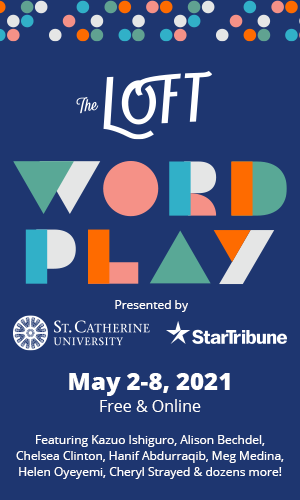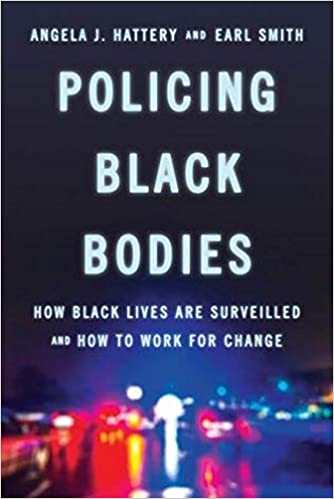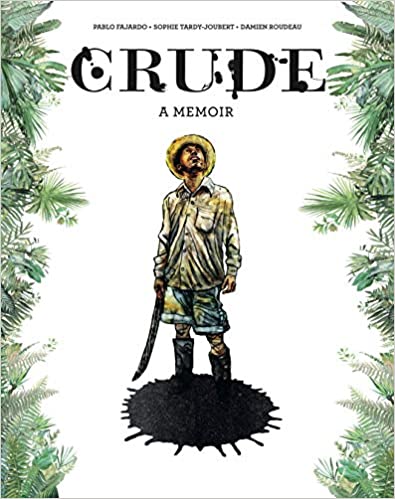Sponsored by The Loft’s Wordplay, May 2-8, 2021.
The Loft’s Wordplay, presented by St. Catherine University and Star Tribune, is a week-long, free, and virtual celebration of the year in books (May 2-8). Each day will host a morning session for youth, including visits from Chelsea Clinton, Marjorie Liu, and Jon Klassen. Then an afternoon session with international authors including Helen Oyeyemi, Sofia Segovia, and Rivers Solomon. Finally, evening conversations between authors including Alison Bechdel, Cheryl Strayed, Hanif Abdurraqib, Kazim Ali, Leanne Betasamosake Simpson, Dean Koontz, and Donika Kelly on themes of climate change, black ambition, native voices, the patriarchy, and more.
Have I ever quoted Mr. Gradgrind’s opening lines from Dickens’s Hard Times in this newsletter? Probably not. Let’s look at them!:
Now, what I want is, Facts. Teach these boys and girls nothing but Facts. Facts alone are wanted in life. Plant nothing else, and root out everything else. You can only form the minds of reasoning animals upon Facts: nothing else will ever be of any service to them. This is the principle on which I bring up my own children, and this is the principle on which I bring up these children. Stick to Facts, sir!’
Hard Times, Chapter I
Now I’m not saying I agree with him. And the whole point of the book is to be like “boo utilitarianism!” but also. Like. I get it. That’s one reason we read nonfiction! Facts are excellent and knowing them gives you a sense of control in a world full of chaos. Also Dickens was frequently a horrible person, but I love his books so much (but ironically, not Hard Times! which is one of my least favorite!).
Let’s look at new releases!
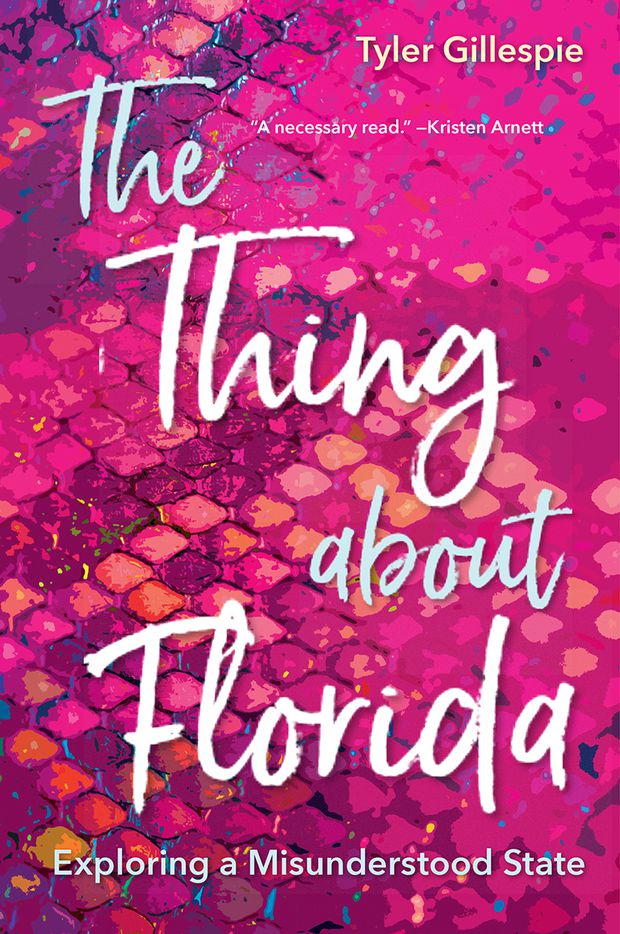
The Thing about Florida: Exploring a Misunderstood State by Tyler Gillespie
I am interested in almost every book about how Florida is weird. I enjoy the specificity of it. We have 50 states, but THIS one — this one’s got its own thing goin’ on. The twist on this is that it’s an academic press book, but that just means its facts have probably been actually checked (hurray!). Gillespie takes you to “gator pits, rattlesnake rooms, and clothing-optional campgrounds, where he meets eclectic and unconventional Floridians.” I mean, it sounds good already, right? He interviews “storm chasers, Civil War reenactors, cattle ranchers, drag queens, python hunters, and pet smugglers. His conversations delve into serious issues such as addiction, Florida’s racist past, and care options for the state’s LGBTQ senior citizens.” I’m just saying, maybe add this to your Florida books list.
Policing Black Bodies: How Black Lives Are Surveilled and How to Work for Change by Angela J. Hattery, Earl Smith
I would say the release of this book is particularly timely due to the murder of Daunte Wright and the trial of George Floyd, but in America, it is perennially relevant. Hattery and Smith say that these individual experiences of police brutality are connected to “the regulation of African American people in many settings, including the public education system and the criminal justice system.” It looks at the school-to-prison pipeline, mass incarceration, and how Black women and trans people are treated. Our global conversations around solutions have been shifting from individual to systemic, and this points out the systemic problem of policing Black bodies.
Crude: A Memoir by Pablo Fajardo, Sophie Tardy-Joubert, illustrated by Damien Roudeau
In 1972, Texaco began extracting oil from Amazonian Ecuador. It left behind “millions of gallons of spilled oil and more than eighteen million gallons of toxic waste.” “What?” you say. Yes. Oil was everywhere, in the water, on the roads, impacting health, and killing people. Fajardo is an Ecuadorian lawyer and activist who worked in the oil fields as a teenager and later became lead counsel for a group of over 30,000 people “who continue to fight for reparations and remediation to this day.”
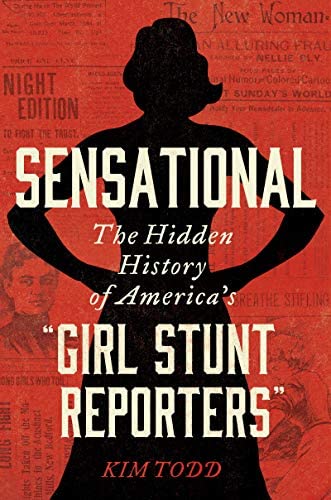
Sensational: The Hidden History of America’s “Girl Stunt Reporters” by Kim Todd
In the 1880s and ’90s, newspapers were cutthroat and always looking for a new angle. At the same time, women were entering the workforce and gettin’ things done. This was the time of Nellie Bly and her compatriots, who traveled the world, posed as sanatorium residents, and were known as “girl stunt reporters.” Todd looks at their decades of popularity and the impact they had on journalism.
For more nonfiction new releases, check out the For Real podcast which I co-host with the excellent Kim here at Book Riot. If you have any questions/comments/book suggestions, you can find me on social media @itsalicetime. Until next time, enjoy those facts, fellow nerds.
